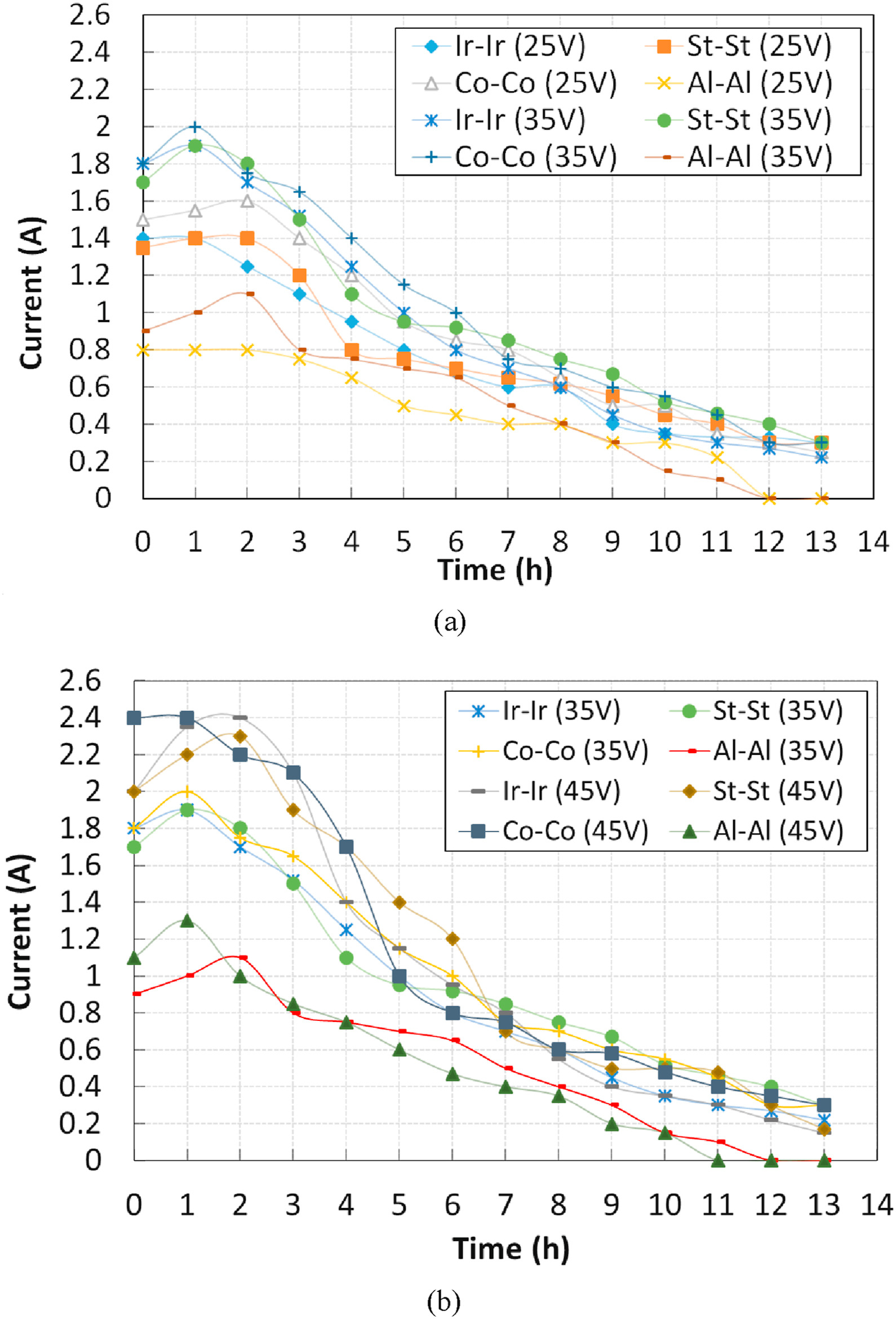JRMGE / Vol 14 / Issue 2
Effects of variations of voltage and pH value on the shear strength of soil and durability of different electrodes and piles during electrokinetic phenomenon
Fatemeh Sadeghian, Soheil Jahandari, Abdolhosein Haddad, Haleh Rasekh, Jie Li
Show More
a Department of Civil Engineering, Semnan University, Semnan, Iran
b Centre for Infrastructure Engineering, Western Sydney University, Penrith, 2000, Australia
c School of Civil and Environmental Engineering, University of Technology Sydney, Sydney, 2007, Australia
d School of Engineering, RMIT University, Melbourne, 3000, Australia
2022, 14(2): 625-636. doi:10.1016/j.jrmge.2021.07.017
Received: 2021-02-18 / Revised: 2021-06-28 / Accepted: 2021-07-17 / Available online: 2021-11-05
2022, 14(2): 625-636.
doi:10.1016/j.jrmge.2021.07.017
Received: 2021-02-18
Revised: 2021-06-28
Accepted: 2021-07-17
Available online: 2021-11-05
Electrokinetic (EK) treatment is an effective method in accelerating the consolidation and improving the geotechnical properties of fine-grained soils. This method stabilizes the soil and increases the bearing capacity of piles by improving the soil shear strength. Changing the soil pH, due to the occurrence of chemical reactions of electrolysis in the soil, can increase its shear strength. However, the electrodes used in this method corrode due to the change in the soil pH, which in turn reduces the electrical potential. Electrode corrosion and loss of electrical potential can significantly reduce the efficiency of the EK method. In addition, when using the EK method to increase the bearing capacity of piles, changing the pH can cause corrosion and damage to the piles. One of the most important factors influencing the change in the pH of soil is the voltage applied during the EK process. It was reported that increasing the voltage affects the intensity of chemical reactions and electroosmotic flow and thus increases the efficiency of EK. However, very limited research has been conducted on the effect of voltage on the performance of EK method. In the present study, the effects of three voltages on soil pH and corrosion resistance of four types of electrodes including iron (Ir), stainless steel (St), copper (Co), and aluminium (Al) were studied. In addition, the effects of pH variations on the corrosion rate of three types of piles including steel pile (SP), reinforced cement concrete pile (RCCP), and reinforced lime-cement concrete pile (RLCCP) were investigated. It was observed that increasing the voltage from a specific limit had no effect on the intensity of electrolysis reactions and the soil pH adjacent to the electrodes did not change more than a specific limit. Moreover, increasing the voltage to higher than 35 V (i.e. 45 V) did not increase the volume of drained water from the soil, but caused more electric current than the allowable current for Ir, St, and Al electrodes, and the corrosion intensity of these electrodes increased significantly. RCCP reduced the soil pH to 2.4 within 7 d of curing due to severe corrosion (13% corrosion rate). The soil pH values adjacent to RCCP and RLCCP within 28 d of curing reduced to 3.7 and 3.8, respectively, but the two piles were not damaged. In general, the results of this research showed that selecting an optimized voltage had a significant effect on the efficiency of EK, and increasing the voltage did not always lead to increase in the efficiency of EK process.
Keywords: Electrokinetic (EK), Pile, pH variation, Voltage, Electrode, Corrosion resistance
Show Figure(s)
Share and Cite
Fatemeh Sadeghian, Soheil Jahandari, Abdolhosein Haddad, Haleh Rasekh, Jie Li, 2022. Effects of variations of voltage and pH value on the shear strength of soil and durability of different electrodes and piles during electrokinetic phenomenon. J. Rock Mech. Geotech. Eng. 14 (2), 625-636.
Article Data
Author(s) Information
Fatemeh Sadeghian

Fatemeh Sadeghian obtained her BSc and MSc degrees in Civil/Geotechnical Engineering from top universities in Iran. She has over 5 years of research experience working in the Laboratory of Soil and Concrete of Abadgaran Negin Jonoobshargh Company (ANJ Co.) on some funded projects in the areas of soil stabilization, deep foundations, electrokinetics, concrete technology, etc. She has published a number of scientific papers in the most renowned SJR-Q1 journals. She also has the experience of being teaching assistance at Semnan University, Iran. She is currently working as a full-time Research Assistant in the Laboratory of Soil and Concrete of ANJ Co., Iran.Fatemeh Sadeghian obtained her BSc and MSc degrees in Civil/Geotechnical Engineering from top universities in Iran. She has over 5 years of research experience working in the Laboratory of Soil and Concrete of Abadgaran Negin Jonoobshargh Company (ANJ Co.) on some funded projects in the areas of soil stabilization, deep foundations, electrokinetics, concrete technology, etc. She has published a number of scientific papers in the most renowned SJR-Q1 journals. She also has the experience of being teaching assistance at Semnan University, Iran. She is currently working as a full-time Research Assistant in the Laboratory of Soil and Concrete of ANJ Co., Iran.

